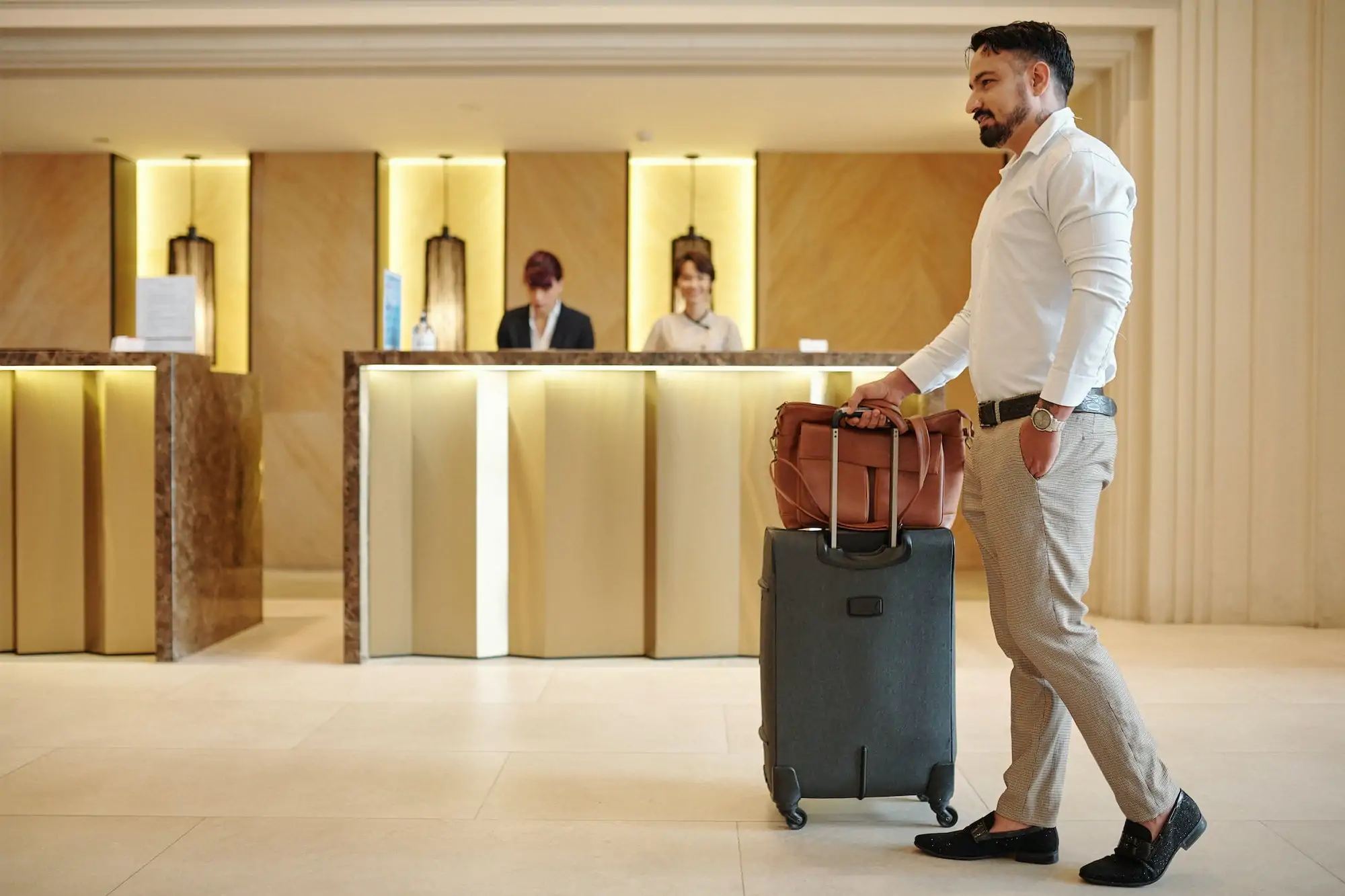
What You Need to Know About Hotel ID Scanning Policies
Hotel ID scanning policies are an important part of the hospitality industry. They are designed to ensure the safety and security of guests and staff, while also providing a way to track guests and their activity. This article will provide an overview of what you need to know about hotel ID scanning policies, including what they are, why they are important, and how they are implemented. We will also discuss the potential risks associated with ID scanning and how to ensure that your hotel is compliant with all applicable laws and regulations. By understanding the basics of hotel ID scanning policies, you can ensure that your guests and staff are safe and secure while also providing a secure and efficient way of tracking guests and their activity.
Hotel ID scanning policies are an important part of the hotel industry, as they help to ensure the safety and security of guests and staff. Hotels have the right to ask for identification when guests check in, and it is important for guests to understand the policy and what is expected of them. Here is what you need to know about hotel ID scanning policies.
First, hotels may require guests to present a valid form of identification, such as a driver’s license or passport, when they check in. This is done to verify the identity of the guest and to ensure that they are the person they claim to be. Additionally, hotels may also scan the ID to ensure that it is valid and that it matches the information provided by the guest. This helps to protect the hotel from fraud and other security risks.
Second, it is important to note that hotels may also use ID scanning for other purposes. For example, some hotels may use ID scanning to track guest loyalty programs or to collect data about guests for marketing purposes. Additionally, some hotels may use ID scanning to collect data about guests for security purposes, such as to track guests who have previously caused problems or to monitor guests who are staying in the hotel for an extended period of time. It is important to understand how your hotel is using ID scanning before you provide your ID.
Finally, it is important to remember that you have the right to refuse to provide your ID if you feel uncomfortable doing so. However, if you do refuse, the hotel may refuse to check you in. Additionally, if you are asked to provide your ID, it is important to make sure that the hotel is following all applicable laws and regulations. If you have any concerns about the hotel’s ID scanning policy, it is best to contact the hotel directly to discuss your concerns.
Hotel ID scanning policies are an important part of ensuring the safety and security of hotel guests. By scanning IDs at check-in, hotels can identify guests and verify that they are who they say they are. Additionally, ID scanning can help hotels prevent underage drinking, fraud, and other criminal activities. By understanding the different types of ID scanning policies, hotels can ensure that they are taking the necessary steps to protect their guests and property.
